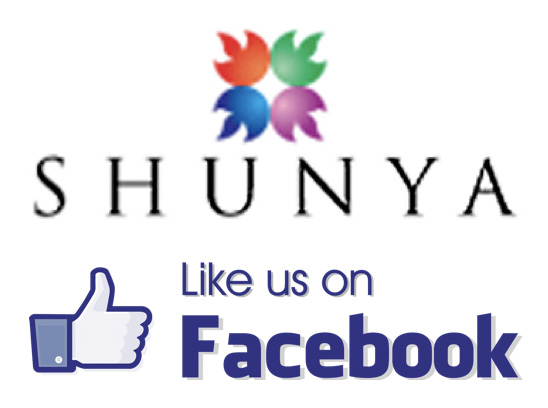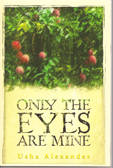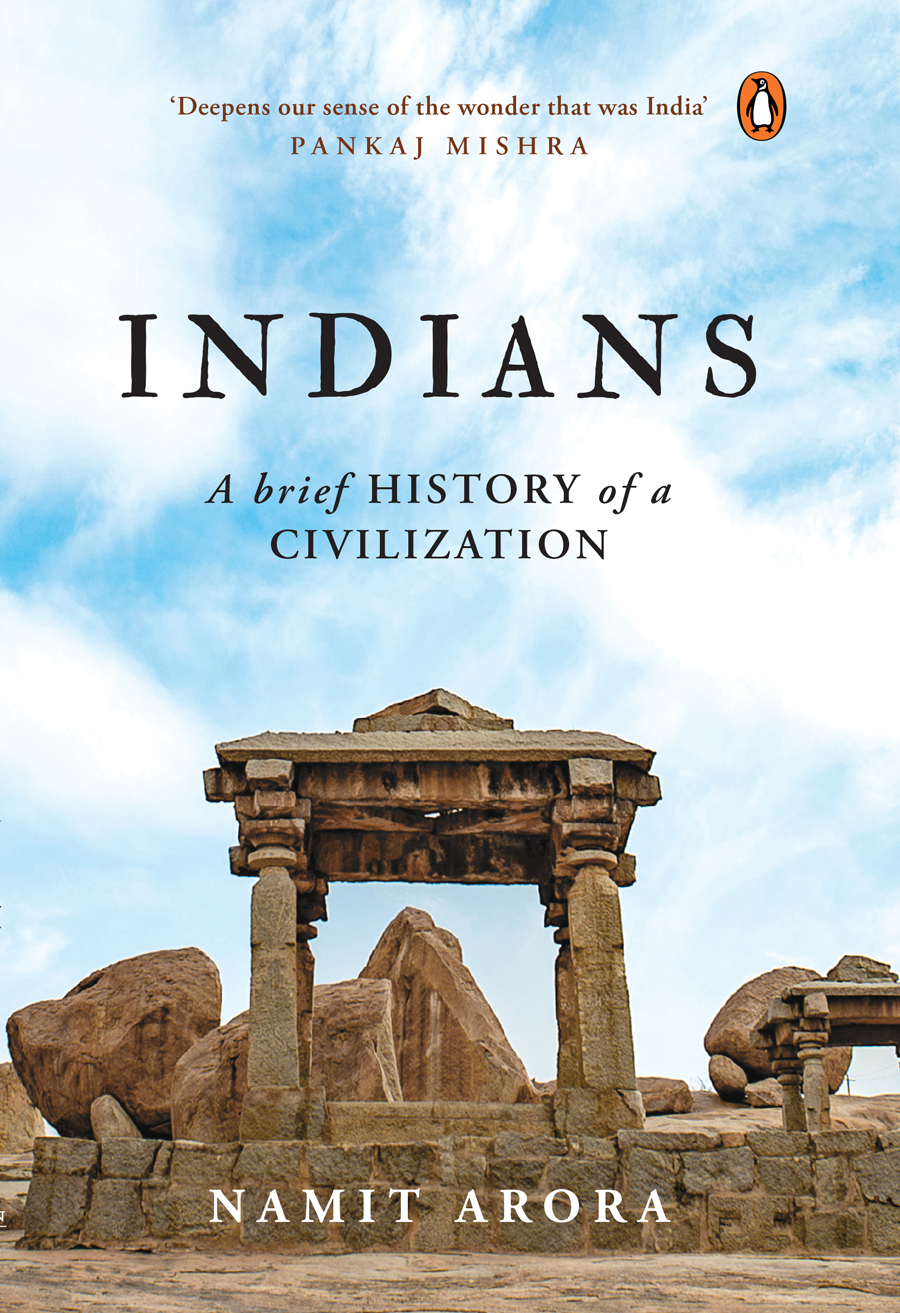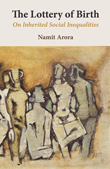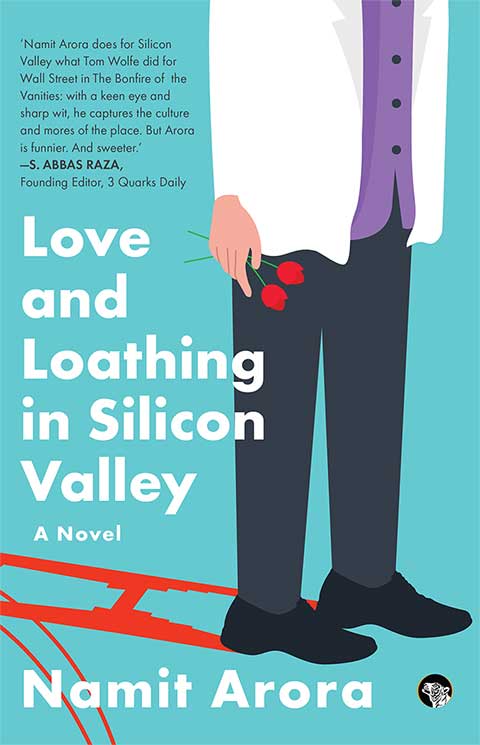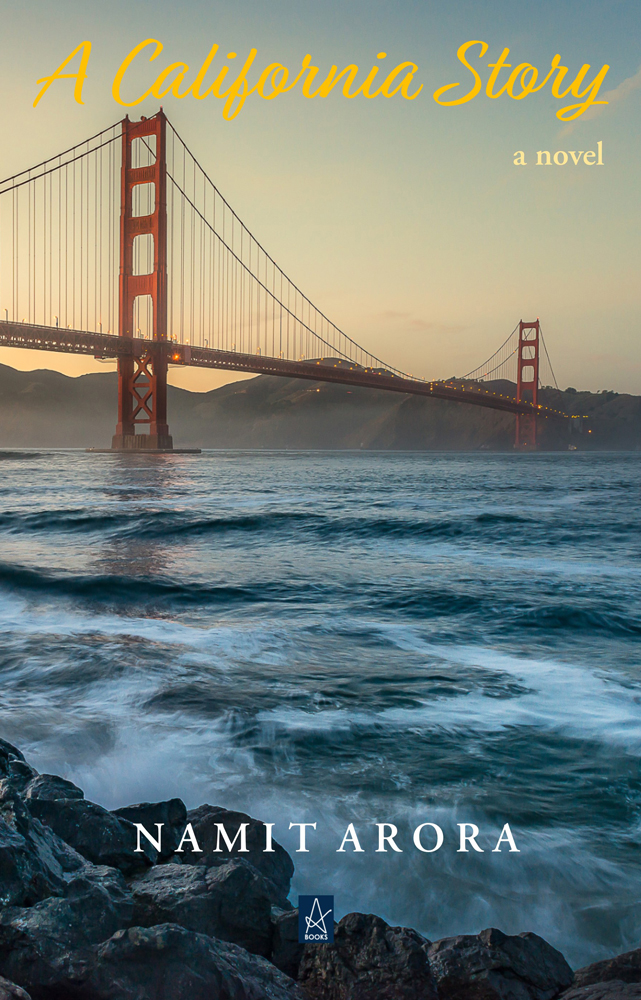| Index of articles from the Blog |
| Animals |
| Anthropology & Archaeology |
| Art & Cinema |
| Biography |
| Books & Authors |
| Culture |
| Economics |
| Environment |
| Fiction & Poetry |
| History |
| Humor |
| Justice |
| Philosophy |
| Photography |
| Politics |
| Religion |
| Science |
| Travel |
Books by
Books by
|
By Usha Alexander | Jan 2008 | Comments
|
Recently, the crew of a US naval cruiser in the Persian Gulf was alarmed by the actions of some nearby Iranian speedboats, potentially sparking a confrontation. Commenting on the almost-incident, US Presidential hopeful Fred Thompson quipped, "I think one more step and they would have been introduced to those virgins that they're looking forward to seeing." Okay, is there anyone out there who hasn’t seen or heard the stereotype—the caricature—often enough to get his joke? I didn’t think so. In fact, in the past six years, we’ve heard some version of this joke so many times that it’s already come to feel old. There’s a whole battery of these jokes by now, with themes ranging from Islamic terrorism to… um, Islamic terrorism. And while America has a nice little collective chuckle over this, I can’t help but wonder if it would have been quite so funny if Thompson had made an equivalent joke about Jews, Mormons, or Baptists, for instance. I have to wonder why fair-minded, clear-thinking people aren’t up in arms over this. I remember only two years ago when a politician referred to a young Indian-American as “macaca” and—though it never became entirely clear what the hell he was even talking about—his political career was effectively destroyed by a backlash against that single imprudent utterance. And last year former US President Jimmy Carter was hounded by the American press and accused of anti-Semitism for comparing the condition of Palestinians in the Occupied Territories to life under South African Apartheid. But speaking of Muslims as fanatics and terrorists is not even considered bad manners; it’s seen as a comic expression of the truth. Suggesting that it might be a bit more complicated—that it’s ridiculous and hateful to so simplify a group of people who comprise not less than 22% of the world population at last count, across nationalities, skin colors, political beliefs, socioeconomic levels, athletic abilities, educational backgrounds, language groups, intelligence levels, talents, personalities, local histories, sexual orientations, cultural backgrounds, varying degrees of faith and religiosity, and whatnot (you know, the ordinary human variety you might expect to find across nearly a quarter of humanity distributed around the globe)—gets you branded as an apologist for terrorism, if you’re not Muslim, and may well get you worse if you are. I’m sorry, I really don’t understand the math here. [Above: Random photos of Muslims] It’s no wonder that the Muslims held up as media darlings in the US right now are Khaled Hosseini, author of The Kite Runner, and Ayaan Hirsi Ali, author of Infidel, who (unwittingly) fuel the rhetoric of those who need to convince themselves that Muslims have a greater capacity for “evil” or are in need of saving by the West. Having listened to an interview with Ms Ali, it’s my impression that she actually intends to deliver a more nuanced message of Muslim realities. But as a hopeful newcomer to the West, she perhaps doesn’t realize how she plays into the hands of the haters, that her real contribution is finally but to put flesh on the American Nightmare. I understand that she’s a brave and intelligent woman who has surmounted unimaginable horrors in her life. But presenting herself as an expert on Muslims, when it’s not clear that she knows much about the history and culture of Muslims across the globe, and focusing exclusively on the local cultural pathologies that caused the trauma she suffered—important though it is—to the exclusion of a broader view or deeper understanding, does nothing to humanize the caricature of Muslims or advance the dialog. Few of her readers in the US will read her pronouncements with any kind of informed perspective or insight. Because most Americans frankly don’t want much perspective and insight on Muslims. It’s well known that understanding makes it much harder to vilify and kill people. So the only Muslims who get airtime in the States are the ones who say what we want to hear. It lets us feel not just vindicated but downright open-minded and receptive in our collective willful ignorance. The funny thing is, non-Muslim Americans can actually know quite a lot about Muslims if they keep in mind that, first and foremost, Muslims are just regular human beings exactly like themselves. A little self-knowledge can go a long way toward knowledge of the Other. But the really funny thing is that non-Muslim Americans, particularly the Christian majority among us, can know more than they ever dreamed they could know about Muslims if they remember that Christians are not much different. As an outsider to the constellation of Old Testament, monotheistic faith traditions, it seems to me that the reason Christians and Muslims keep beating each other up is partly because they believe they have divine sanction to beat each other up, along with other non-believers. Christianity and Islam are both religions of conquest and domination with exclusive claims to the truth, and the mission of bringing god's love and message of peace to the heathen and infidel masses. Like Christians, Muslims first set out to conquer foreign lands in hope of gaining riches, territory, slaves, and general world domination. But while Christians gained heathen converts through a program of coercion, torture, and mass murder, formally known as Inquisition, Muslims generally didn't force conversion to Islam. Rather, they tolerated other faiths, with special consideration given to Christianity and Judaism (dhimmi), though that didn't stop them from asserting their superiority, destroying temples, desecrating statuary and holy sites, and lopping off enough infidel heads as they went about their business of conquest. In the 1500s, when expelled from Christian Spain, the Jews took welcome refuge in Muslim lands. It is fair to say that Islam doesn’t teach hatred and violence any more than does Christianity, nor is one more a religion of peace than the other. And just like most Christians, who routinely ignore or rationalize away injunctions for violence and murder that appear in the New Testament, most Muslims ignore or rationalize away injunctions for violence and murder in the Quran. First comes the everyday business of life: finding work, falling in love, raising kids; life comes to take the place of dialectics. All religious people cherry pick and conveniently interpret their beliefs and moral systems from their books of choice. Yes, of course there are Muslim “extremists” and fanatics. But no more than there are Christian “extremists” and fanatics. Consider, for instance, these Christians working in Iraq under the protection of the US army:
YouTube: Radical Christian Missionaries in Iraq This is the kind of story that would never appear on a US media source. Unlikely even in the “alternative” media. But militant Christian zeal is alive and well in the US. For more, check out the 2006 documentary Jesus Camp. No religion has a monopoly on fanaticism. It’s outrageous, blind, and dishonest to point fingers at other religious groups and call them fanatics. We have Christian jihadis, too. Instead of sending out suicide bombers, these religious "extremists" use the US Armed Forces as their instrument. Whole nations are terrorized by them in their zeal to remake the world according to their own plan, but we don’t call them terrorists
because they pander to our prejudices and claim to serve our interests. Most Americans will argue that these holy warriors among us are only a fringe group; but this is true in exactly the same way that it's true of Muslim holy warriors. That's not to say that every US soldier fights in the name of a holy war; each soldier has his or her own reason for signing up. But to President Bush, who doesn’t hesitate to frame this conflict in religious terms, and many Christians in the United States who follow him, the soldiers are nothing less than their holy warriors. Even if they don't see themselves as warriors for Christendom, many of their biggest cheerleaders largely do. And to recruit more soldiers to their way of thinking, some soldiers have founded an organization called Force Ministries, whose mission is to inculcate in soldiers a commitment to the notion that they are fighting in the name of Christianity. Here's another point of perspective from a 2006 article in USA Today about Americans' feelings toward American Muslims (emphasis mine):
Does this sound eerily familiar? Ignorance, bigotry, and hatred are no more foreign to the spirit of American culture than to any culture, anywhere. But the fact that it seems to be quite common doesn’t make it any less ugly or terrifying to me. The most dangerous mistake a people can make is to refuse to see the ordinary humanity of even those they choose to make their enemies; a stance of moral superiority is the one most likely to bring out in us exactly what we hate in the other. We cannot be complacent about prejudice, fear, and hatred within ourselves and our own tribe. We must keep chipping away at our own hatreds, first. We must be aware of our own hypocricies and weaknesses, constantly examinining ourselves from the outside. |
Designed in collaboration with Vitalect, Inc. All rights reserved. |
|

